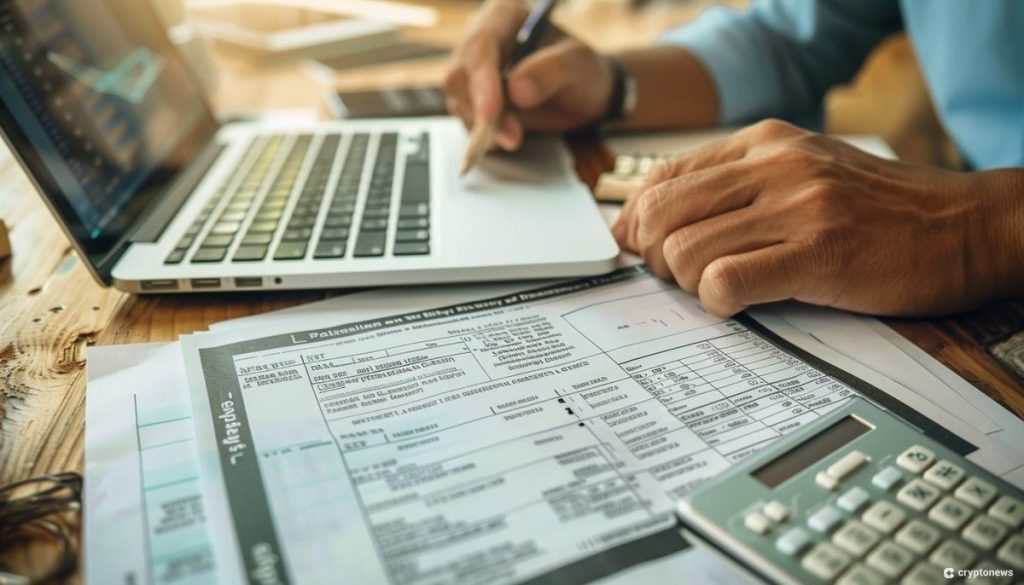The draft Form 1099-DA for reporting income derived from digital asset transactions has been released by the United States IRS. The form is expected to be implemented in 2025 for reporting purposes in 2026. Brokers, including various entities involved in digital asset transactions, will be responsible for preparing the form for customers engaged in selling or exchanging digital assets. The form will require the inclusion of token codes, wallet addresses, and blockchain transaction locations, and will cover cryptocurrencies, non-fungible tokens (NFTs), and stablecoins, enabling the IRS to better identify taxpayers involved in digital asset transactions.
Upon the announcement of the proposed reporting requirements, the crypto community expressed mixed reactions. The Blockchain Association criticized the rule for having a fundamental misunderstanding about the nature of digital assets and decentralized technology. Coinbase’s chief legal officer also warned that the rules could set a concerning precedent of financial surveillance, as almost all digital asset transactions, even small ones like purchasing a cup of coffee, would need to be reported. Tax experts have also raised concerns about the challenges of reporting decentralized finance transactions, where intermediaries may not exist to fulfill reporting requirements.
Brokers will face an increased administrative burden as they process a large volume of transactions and accurately determine cost basis for digital asset transfers. Distinguishing between self-transfers and taxable transfers when a crypto owner moves assets between exchanges also remains a challenge. Taxpayers who previously underreported their crypto income may face scrutiny when reporting their taxes in 2025. The draft form is currently open for public comments, allowing stakeholders to provide feedback and suggestions before its finalization. Countries around the world, including Brazil, India, and the UK, are also implementing or considering taxation of cryptocurrency holdings as the digital currency market expands.
Brazil has introduced legislation imposing a tax of up to 15% on profits from cryptocurrencies held overseas by Brazilian nationals. India maintains a 30% tax on profits and a 1% Tax Deducted at Source (TDS) on all transactions involving cryptocurrencies. The UK national taxing authority asked crypto users to disclose any unpaid taxes they might have in order to avoid fines. The increasing recognition of the need to tax cryptocurrency holdings reflects the growing importance of digital assets in the global economy and the need for proper regulation and oversight to ensure compliance and fairness in taxation practices. Stakeholders in the digital asset space will need to adapt to the changing regulatory landscape to ensure compliance with tax reporting requirements and to avoid potential penalties for non-compliance.


